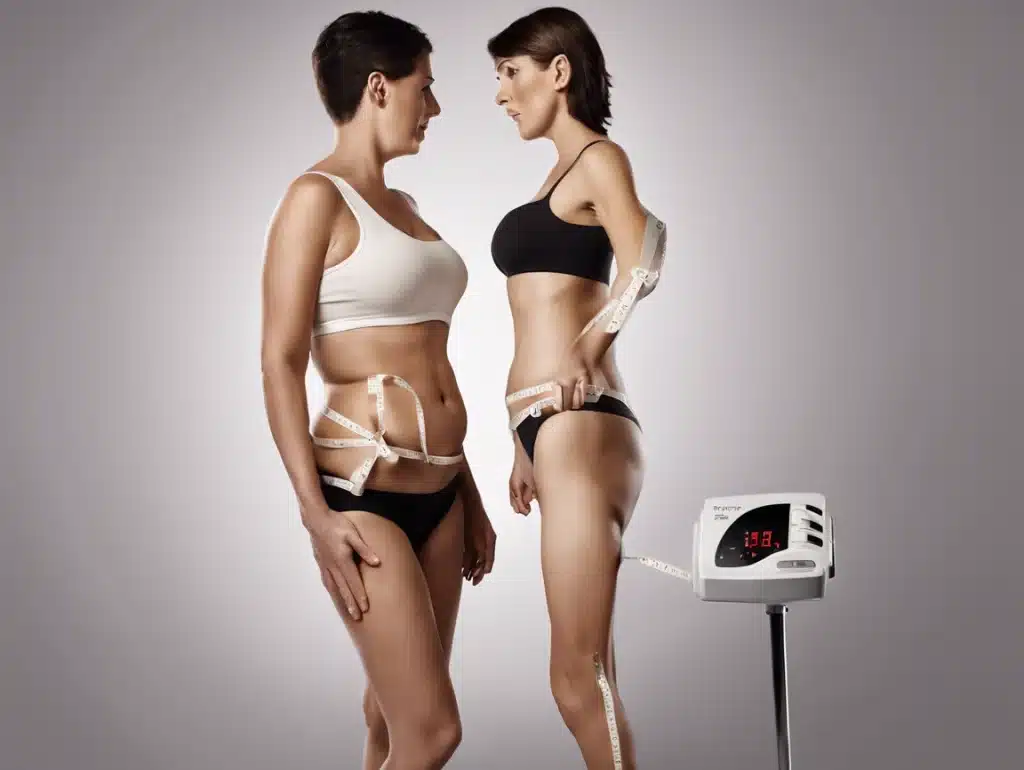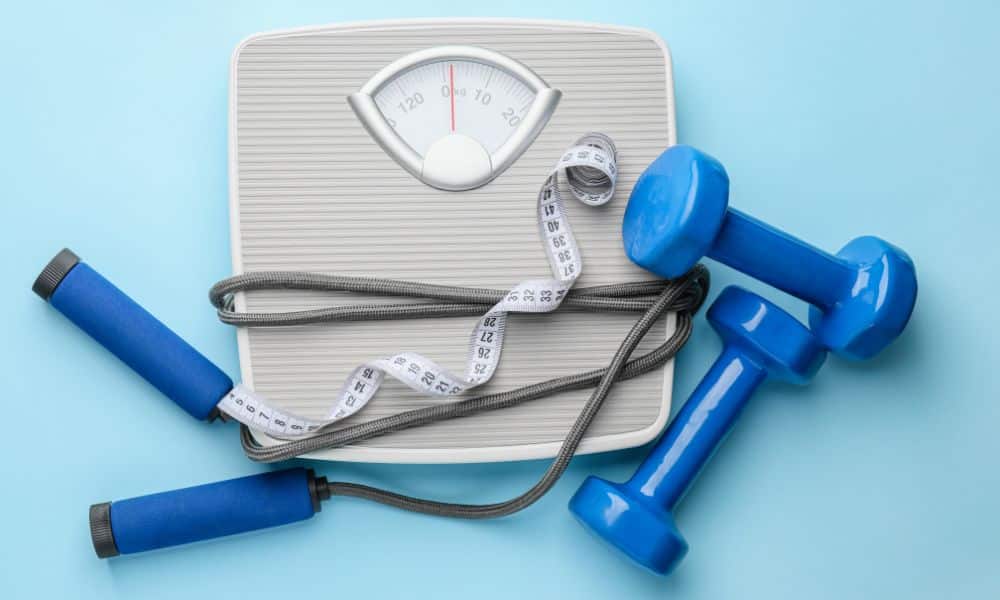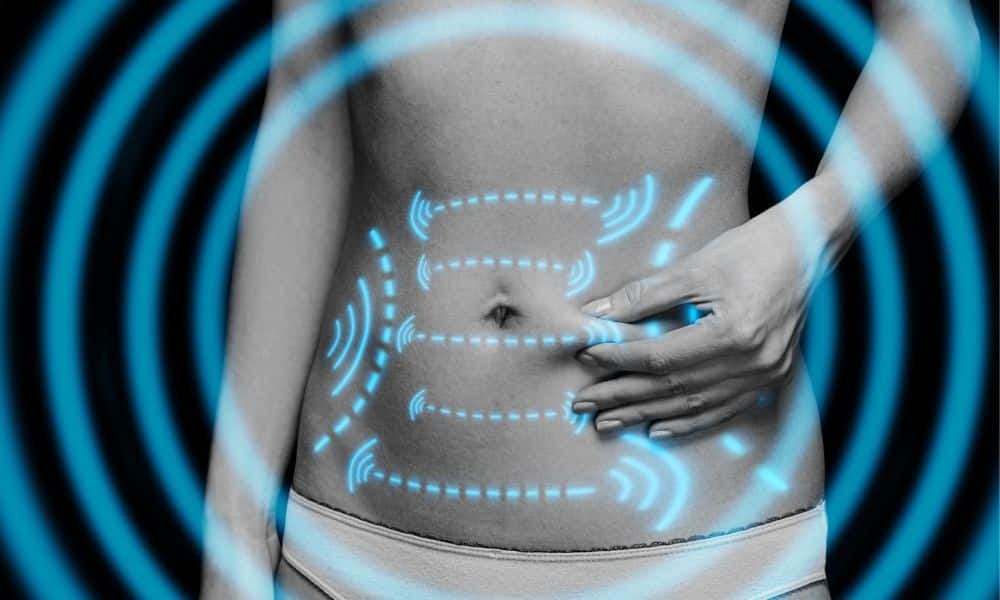When it comes to shedding pounds, people explore various options—diet plans, workout programs, supplements, and even weight loss injections. These injections have gained popularity for their promises of rapid weight loss without the need for intense exercise or dieting. But do they really work? Are they safe, and can they be used for long-term weight management?
In this article, we’ll explore the effectiveness of weight loss injections, how they work, and whether they align with a sustainable fitness plan.
What Are Weight Loss Injections?
Weight loss injections are medical treatments designed to aid in fat reduction by curbing appetite, boosting metabolism, or altering how the body stores fat. They come in different forms and utilize various active ingredients. Some of the most common types include:
- Liraglutide (Saxenda): This medication mimics a hormone that regulates hunger and reduces food intake.
- Semaglutide (Wegovy): Similar to Liraglutide, it also influences hunger signals to the brain and helps in reducing calorie consumption.
- Lipotropic injections: These contain a combination of vitamins and amino acids designed to speed up fat metabolism.
- Human Chorionic Gonadotropin (HCG): This hormone is believed to assist in weight loss by suppressing appetite and triggering the body’s fat-burning processes.
Each of these weight loss injections works differently but aims to achieve the same outcome: reduced body weight.
How Do Weight Loss Injections Work?
Weight loss injections are designed to either:
- Suppress Appetite: Many injections, like Liraglutide and Semaglutide, work by acting on the brain’s hunger centers. They mimic hormones that signal fullness, thus reducing your desire to eat large quantities of food.
- Increase Metabolism: Some injections contain compounds that promote fat burning and increase energy expenditure, making it easier for the body to shed excess weight. Lipotropic injections, for example, contain B vitamins and amino acids that help break down fat more efficiently.
- Improve Fat Storage and Use: Certain injections alter how the body stores fat, either preventing fat accumulation or encouraging fat breakdown for energy. HCG injections are believed to influence fat distribution, although this is still under debate.
However, while these injections can offer a temporary solution, it’s important to recognize that they are not magic bullets. For long-term results, they need to be paired with a healthy diet and consistent physical activity. Relying on them alone will likely not provide sustainable weight loss.
Effectiveness of Weight Loss Injections
Studies have shown that weight loss injections like Liraglutide and Semaglutide can help people lose 5-10% of their body weight over several months. For instance, a 2021 study published in The New England Journal of Medicine found that participants using Semaglutide lost an average of 14.9% of their body weight over 68 weeks when combined with lifestyle changes.
However, this success is often contingent on maintaining a low-calorie diet and staying physically active. The injections themselves do not guarantee weight loss; rather, they assist in the process by making it easier to adhere to a calorie deficit.
Risks and Side Effects of Weight Loss Injections
As with any medical intervention, weight loss injections come with potential side effects and risks. Some of the common side effects include:
- Nausea and vomiting
- Diarrhea or constipation
- Fatigue
- Dizziness
More serious complications, although rare, can include pancreatitis, gallbladder issues, and kidney problems. Additionally, the long-term safety of these injections is still being studied, and they should be used under medical supervision.
For people with pre-existing conditions like diabetes, heart disease, or gastrointestinal issues, it is essential to consult a doctor before starting any weight loss injection regimen.
Who Should Consider Weight Loss Injections?
Weight loss injections may be a viable option for people who:
- Have a BMI of 30 or higher (obese)
- Have a BMI of 27 or higher (overweight) with related health issues like high blood pressure or type 2 diabetes
- Have struggled to lose weight through traditional methods like diet and exercise
However, they are not recommended for everyone. These injections should be seen as part of a broader weight management plan, which includes lifestyle changes such as healthy eating, regular exercise, and improving overall habits.
Can Weight Loss Injections Provide Long-Term Results?
While weight loss injections may help jump-start weight loss, they are not a permanent solution. Most people who stop using the injections tend to regain the weight if they haven’t made significant lifestyle changes. Sustainable weight loss comes from adopting habits that support a calorie deficit, such as consuming nutrient-dense foods, staying active, and managing stress.
In fact, one of the key factors in long-term weight loss success is non-exercise activity thermogenesis (NEAT), or the calories you burn through daily activities. Boosting NEAT, coupled with a good diet, can be a powerful tool in maintaining weight loss over time.
Thus, weight loss injections are best viewed as part of a holistic approach, not a stand-alone fix.
Alternatives to Weight Loss Injections
If you’re hesitant about using injections, there are other ways to effectively lose weight, including:
- Dietary Adjustments: A well-balanced, nutrient-rich diet that creates a calorie deficit is the foundation of weight loss. Focus on foods high in fiber and protein to keep you full longer.
- Exercise and NEAT: Incorporating strength training, cardio, and increasing your daily movement through activities like walking or standing more can lead to better fat loss results.
- Behavioral Therapy: Working with a professional to modify eating habits, reduce stress, and improve mental well-being can complement a fitness plan.
Conclusion
Weight loss injections may provide a boost for those struggling to shed excess pounds, especially when combined with diet and exercise. However, they are not a long-term solution on their own. The most effective way to achieve sustainable weight loss is by adopting healthy lifestyle habits that promote a calorie deficit and increased activity levels.
Before considering any form of weight loss injections, consult a healthcare provider to determine if they are appropriate for you and to discuss potential risks. Remember, weight loss is a journey, and injections are just one tool among many to help you reach your goals.
By approaching weight loss injections with realistic expectations and integrating them into a balanced weight loss plan, you’ll be better positioned to achieve and maintain your desired results.
Key Takeaways:
- Weight loss injections are medical treatments aimed at reducing hunger, boosting metabolism, or altering fat storage.
- While effective, they should be paired with a healthy diet and regular physical activity for long-term success.
- Side effects and risks are associated with their use, so medical supervision is crucial.
- Sustainable weight loss is best achieved through a holistic approach, including a calorie deficit and increased physical activity.




